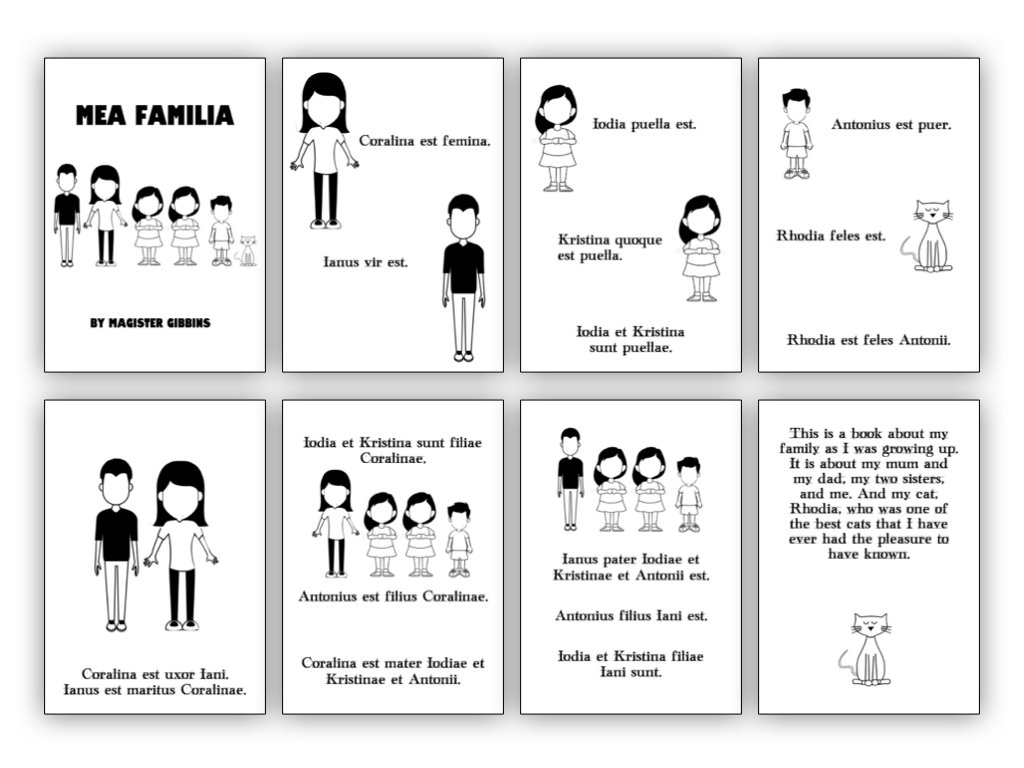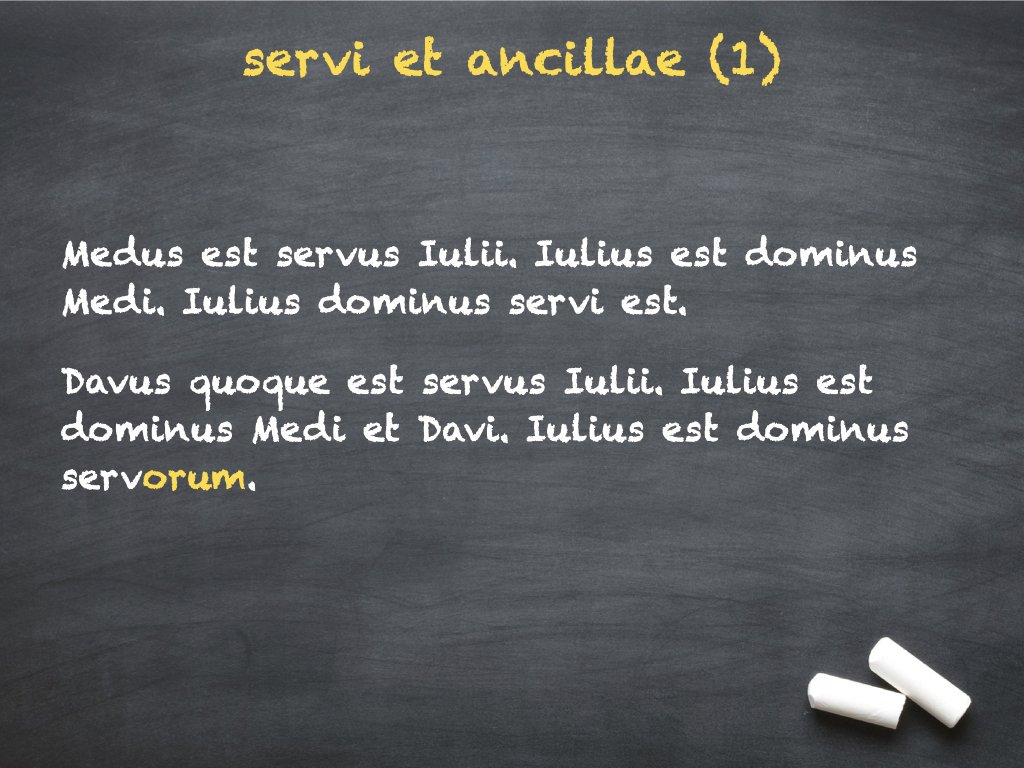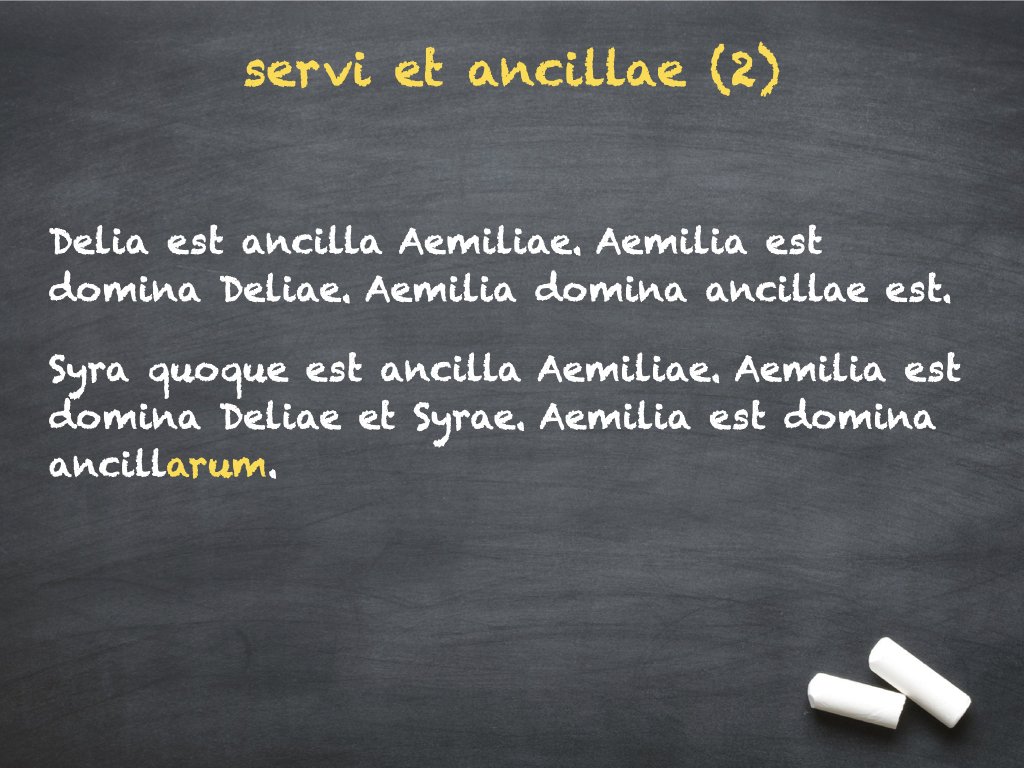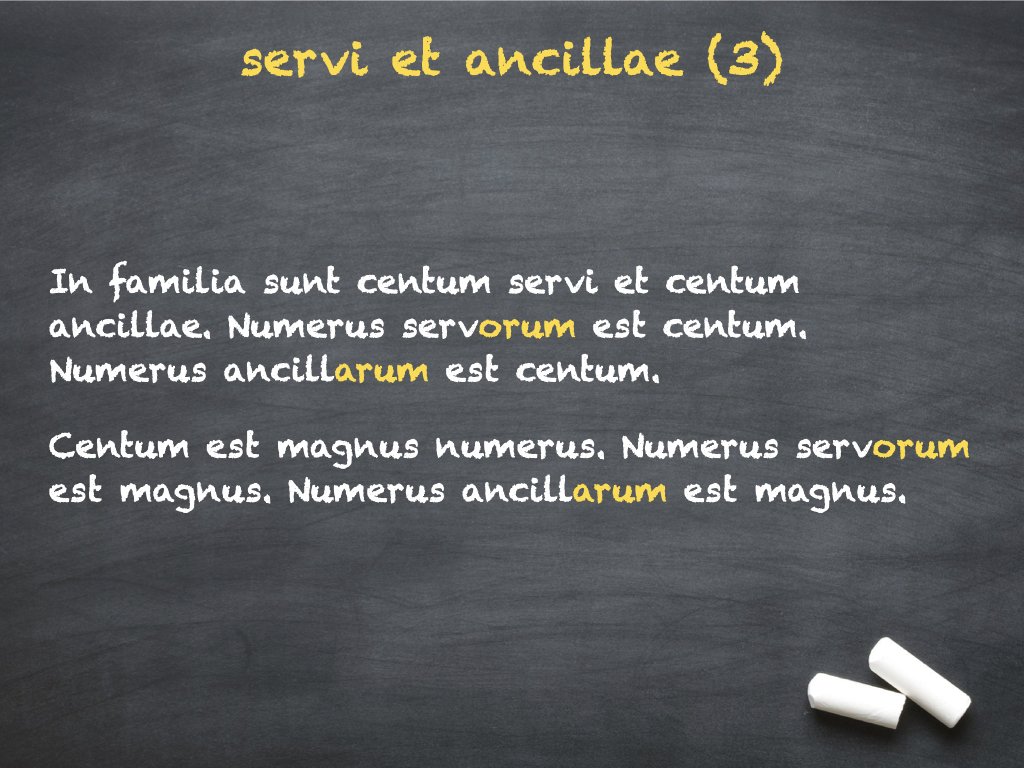Today a student asked if they could please do the class greeting, so they were invited out the front to say “State!” and “Salvete, discipuli” etc. Everyone seemed to enjoy the change.
2. We began the lesson by marking Pensum B, which had been homework. We marked this in the same way as Pensum A. That is, I read out a student’s name from the role, they read a single sentence, I repeated it and the entire class repeated it after me. I told the class that they learn Latin best by hearing it and speaking it.
3. I now handed back the Mea Familia sheets (see Lesson Fourteen). Again, I told the students that if everything was ticked that they had made no errors, but that all errors had been corrected for them. I’m happy to say that there were very few. I told them that they now had everything they needed to make their book, the details of which I will outline below.
a) Their book is due in one week.
b) Their book will be marked on 3 criteria: i) the accuracy of their Latin (which they will be transcribing from their sheets. ii) the clarity of their handwriting iii) the use of pictures to illustrate their stories. I told them that they could use actual photos, drawings, pictures found online, or other creative methods - such as drawing eyes on potatoes and taking photos to create illustrations of a potato family.
c) I then gave them each of a copy of a book that I had made, using the same sentences about my family used to model their sentences. This concrete example of what their finished product might look like seemed to give them a great deal of confidence that this was an achievable goal.
4. I wrote the heading “Servi et Ancillae” on the board, and asked the students to copy it into their books, explaining that they would be writing out notes from the board. I told them the meaning of the two words, "enslaved men and women” and reminded them that human enslavement was a disturbing aspect of Roman culture, and that they were free to have their own thoughts and feelings about it. Note: I drew particular attention to the plural possessive when it was first introduced, and again when it was used with “numerus”.
5. There were a few minutes left, so I introduced them to the Latin maxim “scientia est potentia”. Most guessed that it meant something like “science is power”, so when one student deduced the correct meaning, they had some interesting things to say about the links between “power” and “potential” and “science” and “knowledge”. There was still a minute left, so I showed them how to say “I love you” in Latin. Being 12 year olds they immediately worked out how to say “I don’t love you” and began saying it to each other.






